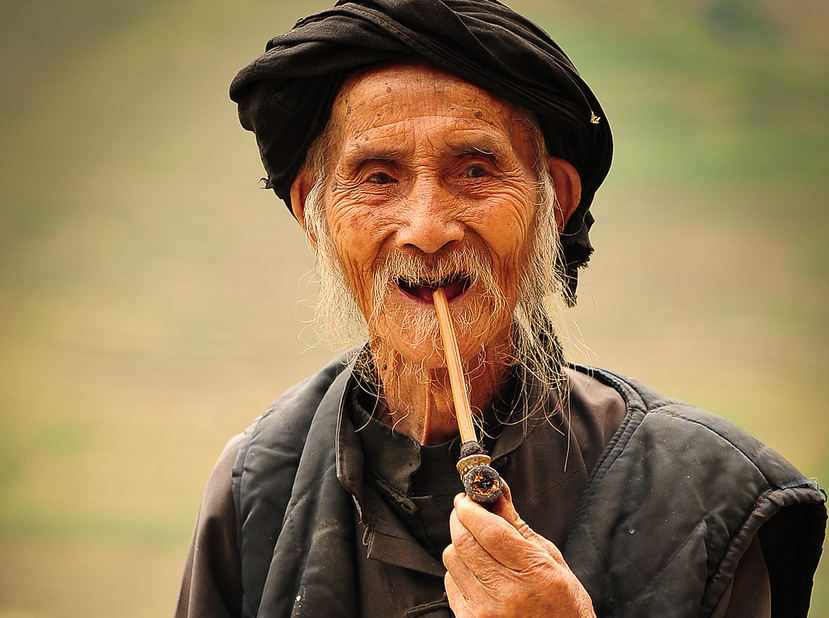Against the background of the current situation with pension reform in Russia, many are wondering where pensioners live even worse. The list of countries in which they do not pay old-age pension, as well as countries with minimal, selective or issued state support at a very advanced age, is small, but there are such states in the world. You can get acquainted with the features of social security of older people in them in our article.
Tanzania
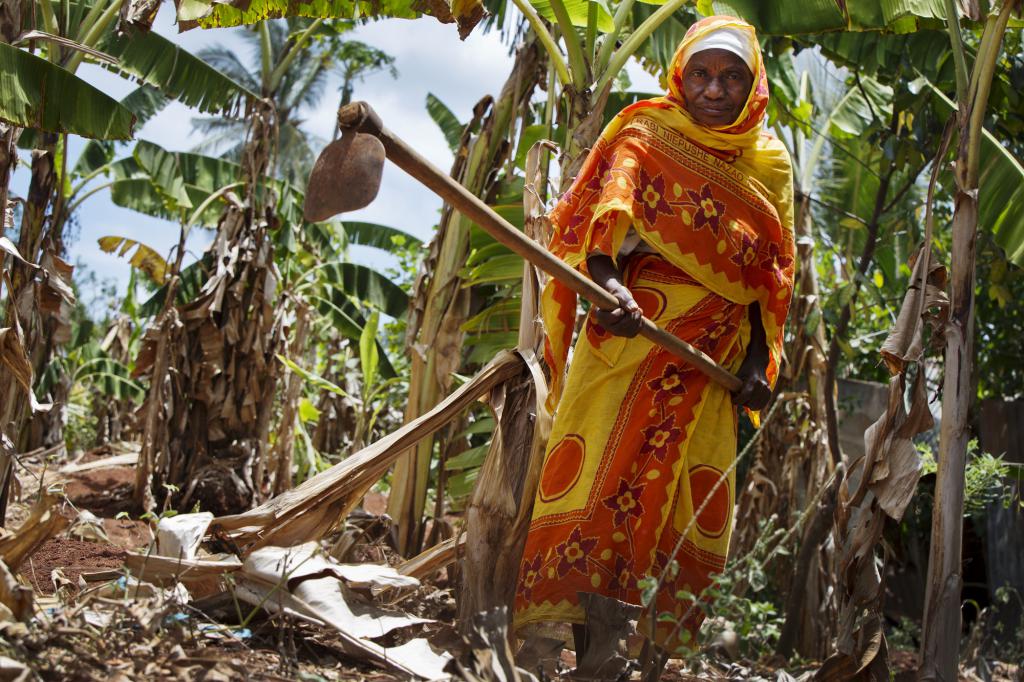
Which countries do not have an old-age pension? The list opens the state of Tanzania. In this East African country, there are absolutely no government or social programs to support older people. Most residents are below the poverty line, mortality is quite high in all age groups of the population. Only five percent of Tanzania's elderly people have the privilege of staying at home and living at the expense of their children and grandchildren. And those whose relatives cannot or do not want to support the elderly, or those senior citizens who, unfortunately, have buried children, have to continue working until their death. Thus, 95% of the elderly population of Tanzania are forced to work.
But even not everyone has this privilege, because it is unusually difficult to maintain a job for a weak old man, if there are plenty of unemployed youth in their prime. As mentioned above, for the elderly there are no social protections. Therefore, those who were fired because of age take up any work, even on the most slavish conditions. Many work for a piece of bread and a bowl of pottage.
Iraq
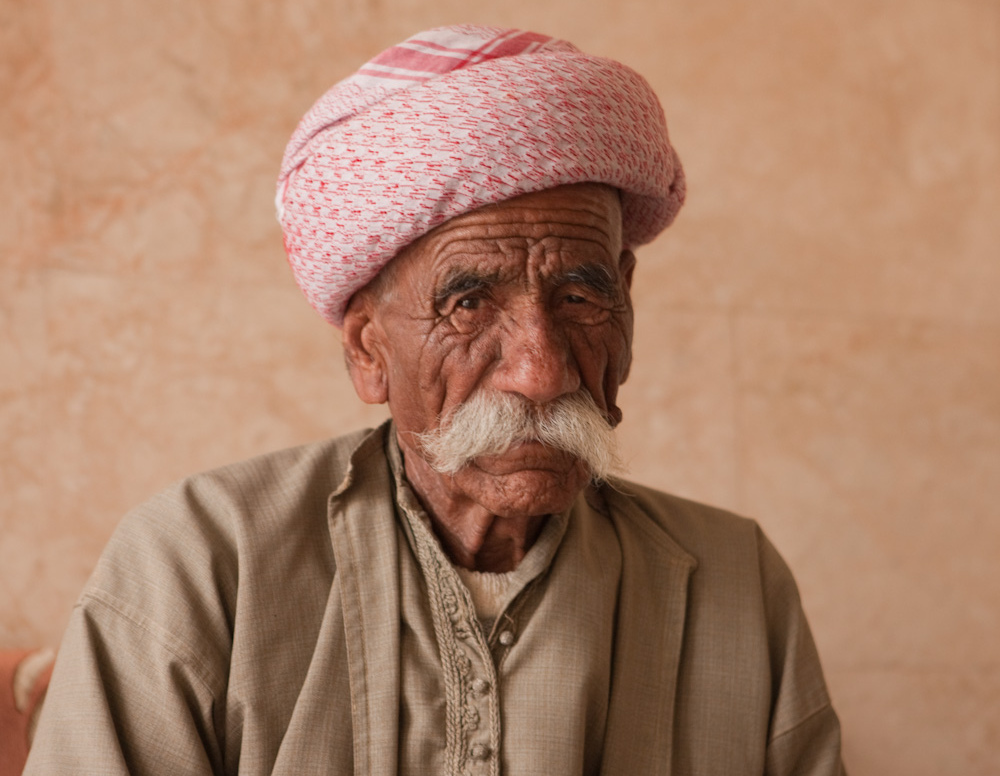
Most often, countries that do not pay old-age pensions have the lowest life expectancy. This is precisely the situation observed in Iraq. Here, too, there are no state payments for the elderly, so 80% of the inhabitants do not even live to be 70 years old. Of the two hundred countries in the ranking of life expectancy, Iraq is 136th. Of course, such a low rate is promoted not only by the lack of old-age pensions, but also by the low level of medical care, a constant martial law and unsanitary conditions.
Only those elderly people who worked in the oil industry or in the public service can count on retirement here, but only on condition that the employee made contributions to his future pension for ten years before the end of his work due to old age. If an elderly person has not lived up to receiving payments, the state does not even return the amount of contributions to relatives.
Afghanistan
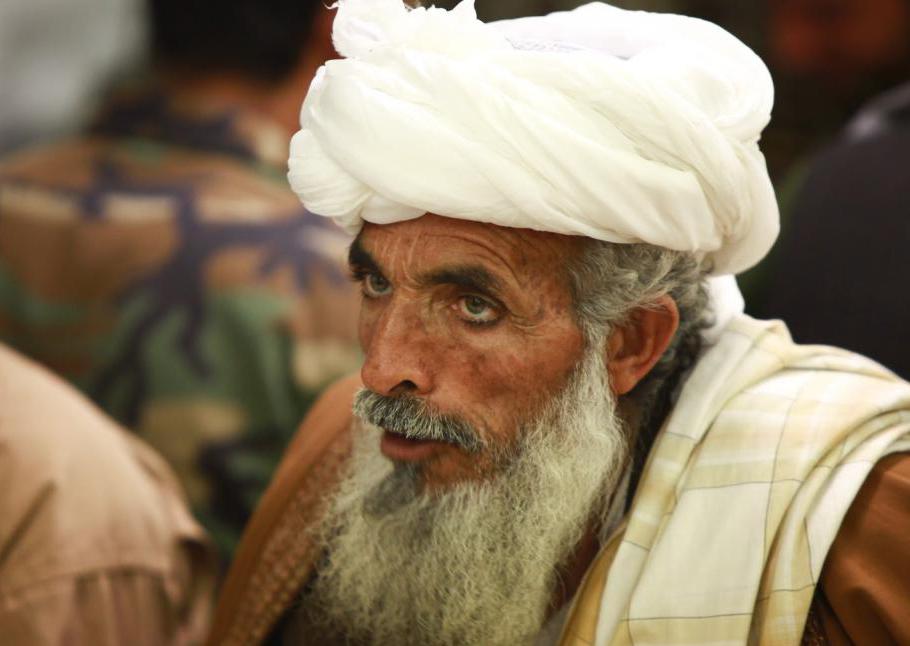
According to the results of the British rating AgeWatch, which was aimed at identifying the best places of residence for elderly people and pensioners, Afghanistan was recognized as the worst place. This is not just a country where there is no old-age pension. There is practically no old age here, because the average resident of the state lives to a maximum of 45-50 years. Those who managed to overcome this milestone and live, for example, up to 60 years, are likely to die starvation, not having the opportunity to fight and work for the export industry.
External military conflicts, an ongoing civil war, a high crime rate, total illiteracy, poverty, and drug trafficking are what can be observed in modern Afghanistan. There are no social programs at all. About 40% of the country's inhabitants are unemployed. Extreme poverty does not imply any benefits, allowances or benefits.
Pakistan
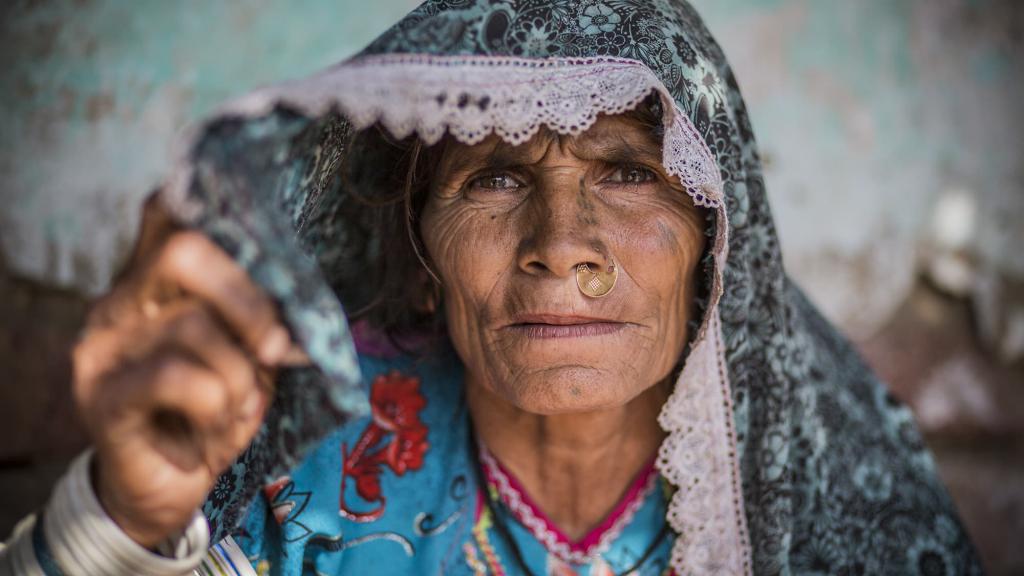
What countries do not have an old-age pension at all? Pakistan is also on this list.As in Iraq, any interested Pakistani, being young and able-bodied, has the right to save money for old age by paying contributions. As in Iraq, it is necessary to begin to do this 10 years before retirement. But if in Iraq, as mentioned above, workers of prestigious professions can count on retirement, in Pakistan - only those who "bought" their own pension. Why, then, do old people need to make contributions to old age through contributions to the state, and not to put it aside, for example, in a piggy bank? The point here is the fear of being robbed.
Although with an independent accumulation an elderly person does not risk losing all his deposits in the event of an unforeseen death, he is quite at risk of losing money in life. Theft rate in Pakistan is very high. Anyone can easily rob a poor, lonely old man or old woman. Thus, in Pakistan, a country in which old-age pensions are not paid, it is beneficial to save money for your own pension by paying contributions to the state.
The trouble in many Asian countries lies in the fact that they work mainly in the male population, and most women are housewives all their lives. Of course, they do not officially work anywhere, so they cannot provide themselves with social protection at an advanced age.
Nigeria
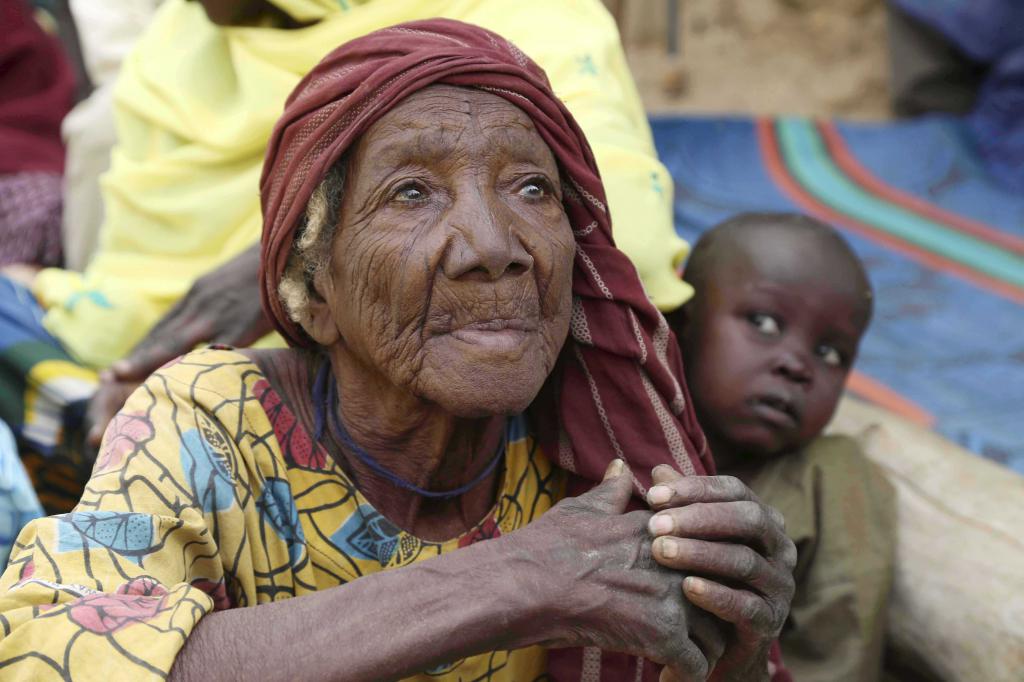
We continue to consider in which countries there is no old-age pension. The same situation as in Iraq and Pakistan, with the elderly of the state of Nigeria. Unlike most West African countries, a pension is paid to those who work in any official job. However, unfortunately, out of eighty million Nigerian workers, only 6 million work in official services. All others can receive a pension only on the basis of their own contributions to the state. This must be done within 10 years before the expected receipt of retirement benefits. However, a decade ago, the elderly inhabitants of Nigeria did not have any pensions, even on their own contributions. Therefore, we can say that in this country the situation with social benefits is developing in the right direction.
India
What other countries do not have an old-age pension? India was included in this list because here only 12% of the population can count on state support after completion of work due to old age. These are those who have worked all their lives in public services. This is not to say that these lucky ones get a lot. In terms of our currency, this is only 180 rubles per month. However, against the backdrop of general poverty, especially among the always hungry, begging old people, this money allows you to have some kind of food for lunch.
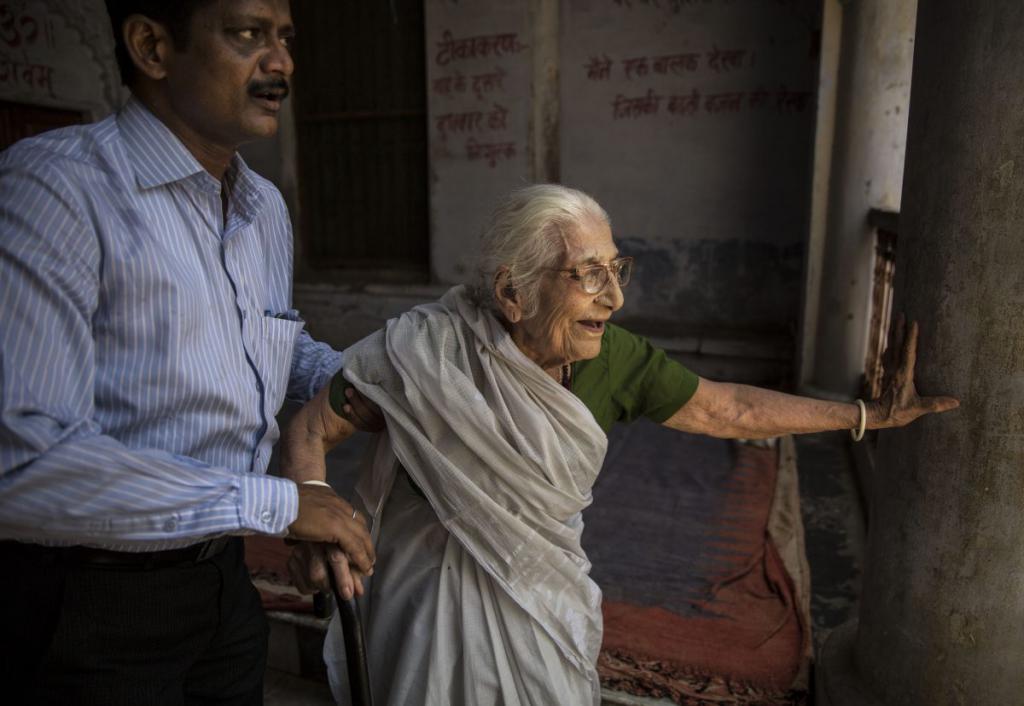
Note that India also occupies one of the last places in the ratings of life expectancy. Only well-to-do Indians or villagers who grow food in the fields can survive to 70-80 years. In fairness, I must say that individuals live here up to 100 years, but there are only a few of them. Such old people survive without pensions due to an ascetic lifestyle, religious hunger and the ability to meditate.
China
Answering the question in which countries there are no old-age pensions, China should be called. As in India, out of the entire population of this huge country, only public servants can count on retirement. It happens that in the case of a long experience or any outstanding achievements, the owners of large companies assign their seniority pension to their elderly workers on their own. But these, of course, are isolated cases. This situation is not fixed at the state level. Therefore, the Chinese are doomed to grow old in poverty, and most likely they manage to survive to gray hair only thanks to the knowledge of Eastern philosophy, meditation and compassionate relatives.
What is the reason for this in an economically developed country like China? Most likely, the state is not at all profitable for centenarians.Overpopulation in China is a well-known problem, because the authorities of this country are not going to support old age in the near future.
Thailand
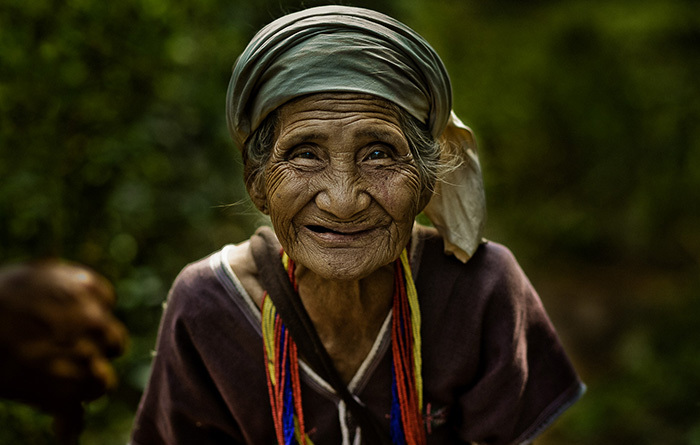
The state of Thailand does not apply to countries where there is no old-age pension, but this pension is so small that it is simply ridiculous to speak. For all elderly Thai residents who have grown old unemployed or have worked for their whole lives for less than fifteen years, a monthly pension of 700 baht is required. In terms of Russian rubles, this is only about 1407 rubles per month. When considering prices in this country, we can say that this is very little. Unfortunately, this applies exclusively to officially employed citizens, and there are less than half such people in the country. All the rest are forced to live in old age with minimum monthly payments.
Ghana
Countries that do not have an old-age pension also include this West African country. For those who worked, a small pension is paid, but only in cases where the employment was official. The monstrously developed shadow economy in this country has led to the fact that only 10% of the elderly in Ghana receive state support in the form of pension payments. These are those who at one time managed to get a public service or engage in entrepreneurship, farming.
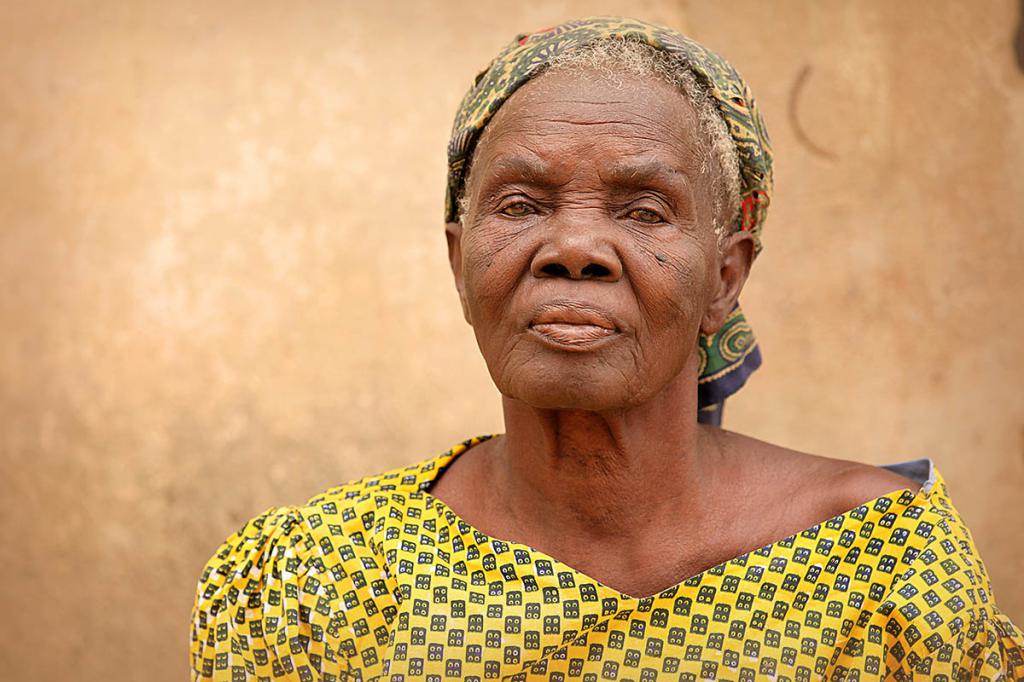
Kenya
As in Iraq and Pakistan, in Kenya, previously unemployed or unofficially working older people can rely on retirement only on the basis of their own savings through public financial systems. However, with those who worked, the situation is not the best. Despite the fact that the elderly have a good regular pension, and the retirement age is 55 years, half the population does not exceed this age threshold. In this case, the authorities are going to raise the retirement age to 60 years. The rampant HIV epidemic in the country for many years has created a situation in which Ghanaians, on average, live up to 59 years.
The same problem is in another country in Africa - Niger. Despite the fact that this country cannot be officially called a state without old-age pensions, the payment system practically does not work. On average, Nigerians live to be 52 years old, and the retirement threshold starts at 55.
